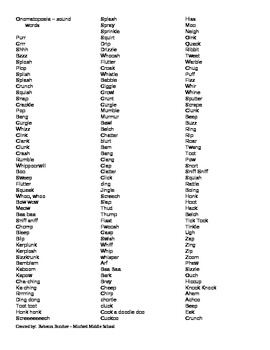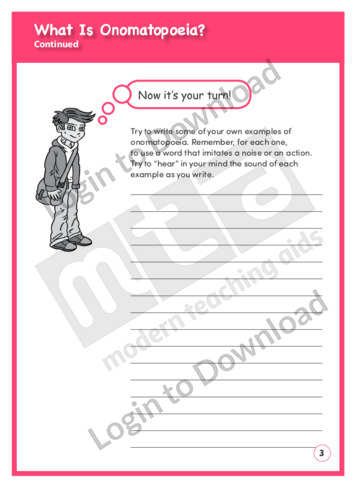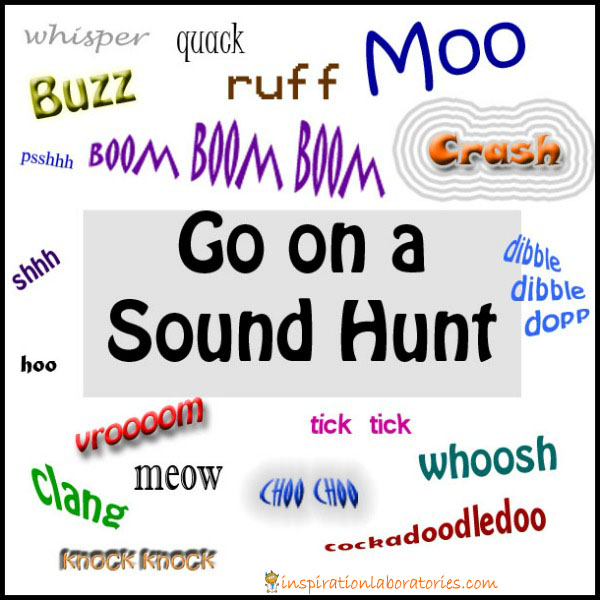

ガンガン (gan gan) - A strong throbbing pain. With all of the varieties of onomatopoeia, it’s possible to give a response that is very specific. If you go to a doctor in Japan with a bad headache, they will ask you what kind of pain you are feeling. This category is especially important because this is one of the main ways that Japanese people express their feelings. This category includes words which are more like imagined sounds, instead of those found in real life.


Gijougo 擬情語 - Describes someone’s feelings and state of beingĪ unique aspect of the Japanese language is the onomatopoeia which describes a person’s feelings. バシャン (bashan) - Sound of splashing water. ポタン (potan) - A large water droplet falling into water. パチパチ (pachi pachi) - The sound when a light bulb is flickering. カチカチ(kachi kachi) - Can be the sound of a clock, or a car’s turn signal. カチャ(kacha) - Mechanical sound such as when a car door locks. ピッ (pi) - The sound when pressing an electronic button, like dialing a phone. バタン (batan) - The sound of a door closing loudly. ピーポー (piipoo) - The sound of a Police car. ピンポーン (pinpoon) - Doorbell sound, like “ding dong”. ジュー (jyuu) - Sizzling sound on a hot pan. サクサク(saku saku) - In between crispy and crunchy. シンシン (shin shin) - The soft sound of snowing. ゴロゴロ (goro goro) - Rumbling sounds of lightning. ピューピュー (pyuu pyuu) - The sound of strong wind. ジトジト (jito jito) - Rain that feels damp and long lasting. ジャージャー (jaa jaa) - Extremely heavy rain, can be used like ザーザー. ポツポツ (potsu potsu) - Light rain with large droplets. パラパラ (para para) - Light rain with small droplets. This category includes all words that mimic real-world sounds from inanimate objects and the environment. Giongo 擬音語 - Describes sounds made by objects and the environment グーグー (guu guu) - Sleeping sound that might include snoring. すやすや (suya suya) - Similar to スースー, but even more relaxed sleeping. スースー (suu suu) - Peaceful breathing during sleep.

ギャーギャー (gyaa gyaa) - Loud crying, usually from babies. シクシク (shiku shiku) - Soft crying, interchangeable with メソメソ. アハハ (ahahaha) - Similar to the English “haha” sound. ゲラゲラ (gera gera) - Louder laughing compared to ケラケラ. ミーンミーン (miin miin) - Sound of the cicada. チンチロリン (chin chirorin) - Sound of a Japanese pine cricket (matsumushi). リーンリーン (riin riin) - Sound of a Japanese bell cricket (suzumushi). ブーーン(buuuun) - Bzzzz, or the sound of a flying insect. シューシュー (shuu shuu) - Slither slither, snake. コケコッコー (kokekokkoo) - Cock-a-doodle-doo, rooster. ピヨピヨ (piyo piyo) - Chirp chirp, small bird. チュウチュウ(chuu chuu) - Squeak squeak, mouse. This type of onomatopoeia is common in every language, and in Japanese, primarily functions as an adverb.Īny word that is mimicking the sound made from living things falls into this category. Giseigo 擬声語 - Describes sounds made by living things Gijougo (擬情語), gitaigo (擬態語), and giyougo (擬用語) are unique categories that include words with metaphorical sounds relating to feelings, actions, movements, appearances, and textures. They mimic actual sounds from wildlife, humans, objects, and the environment. Giseigo (擬声語) and giongo (擬音語) are the most straight forward categories. There are five main types of Japanese onomatopoeia, which are categorized based on what it describes.


 0 kommentar(er)
0 kommentar(er)
